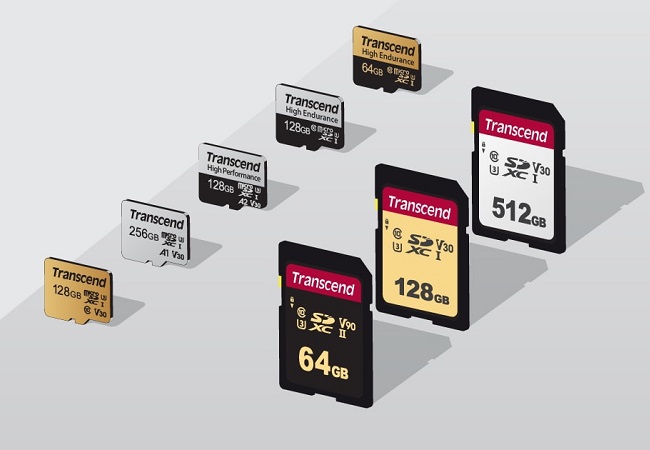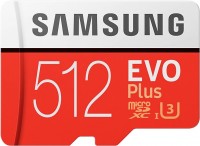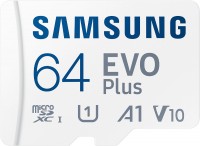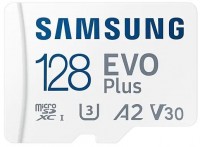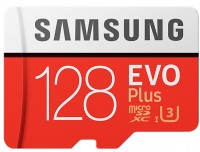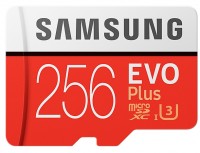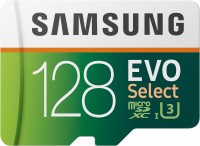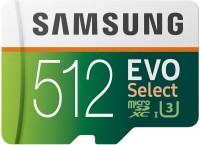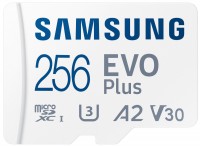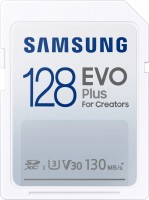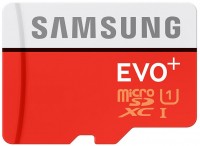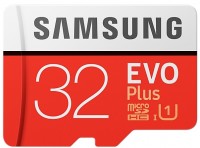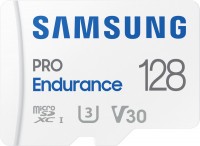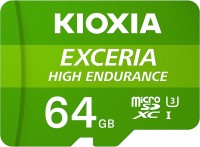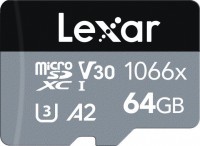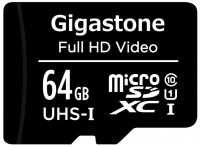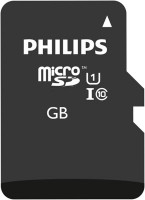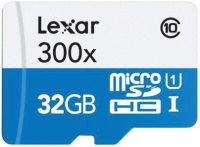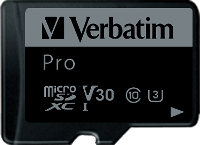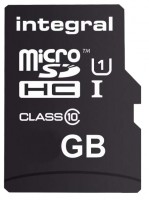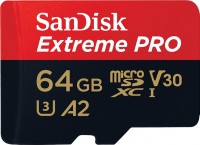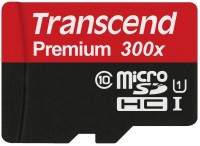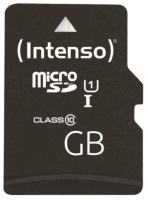Samsung EVO Plus 100 Mb/s microSDXC UHS-I U3 64 GB (MB-MC64GA/RU)
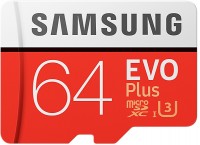 |
Samsung EVO Plus 100 Mb/s microSDXC UHS-I U3 64Gb | |||||||||||||||||||||
| |||||||||||||||||||||
Always clarify the specifications and configuration of the product with the online store manager before purchasing.
Catalog Samsung 2025 - new arrivals, bestsellers, and the most relevant models Samsung.
Samsung EVO Plus 100 Mb/s microSDXC UHS-I U3 configurations
| Price for Samsung EVO Plus 100 Mb/s microSDXC UHS-I U3 | ||||
|---|---|---|---|---|
| Samsung EVO Plus 100 Mb/s microSDXC UHS-I U3 64 GB | from $18.84 | 2 offers | ||
| Samsung EVO Plus 100 Mb/s microSDXC UHS-I U3 128 GB | from $23.99 | 1 offer | ||
| Samsung EVO Plus 100 Mb/s microSDXC UHS-I U3 256 GB | from $25.00 | 2 offers | ||
| Samsung EVO Plus 100 Mb/s microSDXC UHS-I U3 512 GB | from $48.30 | 2 offers | ||
Smartphone's best friend
To satisfy the needs of Samsung smartphone fans, the Korean company has expanded its already rich product range with memory cards. EVO Plus fully lives up to its name, perhaps being the most interesting MicroSD card in the line, combining sprint speed, a slew of additional features and a reasonable price.
4K and RAW? No problem!
Samsung EVO Plus belongs to the U3 class, the fastest among MicroSD cards, so it can easily record 4K video with a high bit rate, shoot in RAW and other tasks where it is important to quickly “handle” large amounts of data.
Sprint speed
According to the passport data, the reading speed is about 100 MB/s, writing at 60 MB/s. At the same time, the minimum stable rate of information exchange is 30 MB/s. You can copy a 3 GB video to a compatible device in about 38 seconds. This is one of the best speed indicators on the market. In general, the 64 GB EVO Plus can accommodate 3 GB of 4K video and over 14 thousand photos.
Not afraid of water, radiation and temperature changes
All kinds of protection systems in the model's arsenal allow maintaining the operability of the storage medium even if the device with which the flash drive was equipped fails. Judge for yourself, it is not afraid of sea water (if immersed for no more than 72 hours), electromagnetic waves, X-rays, or strong temperature changes (from -25 to 85 degrees Celsius).

